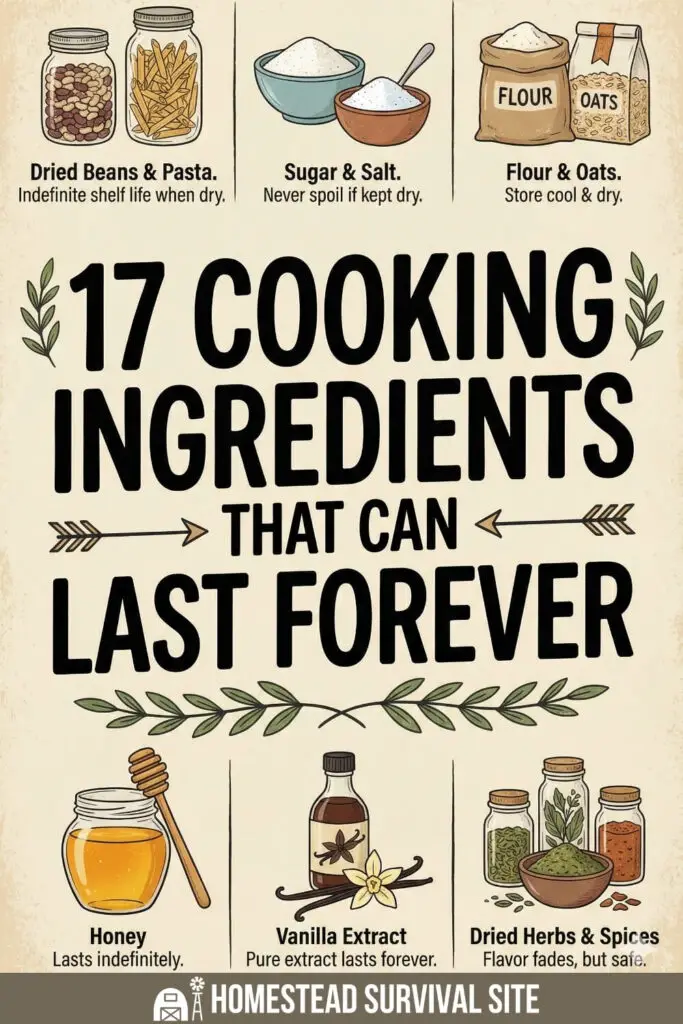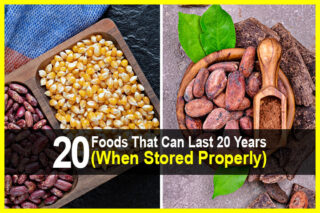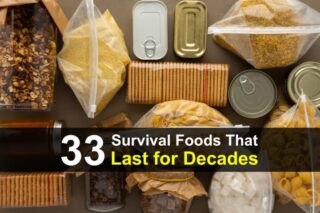Estimated reading time: 11 minutes
Living on a homestead requires a bit of planning and preparation. Stores usually aren't just around the corner. Forgetting something at the store often requires extra trips and wasted time. Many of us who are homesteading have built up a stockpile of food, supplies, and cooking ingredients to cut down on needless trips to town.
Storing food items that will last a long time is important for a healthy homestead. Stocking up on cooking ingredients that never expire will ensure you can cook all sorts of dishes during an emergency. Here are 17 in particular that you should keep on hand.
Want to save this post for later? Click Here to Pin It On Pinterest!
1. Alcohol
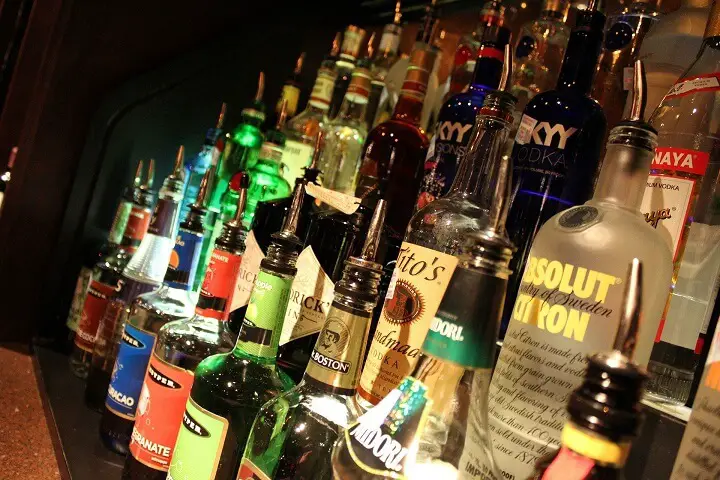
While some homesteaders lay off the hard stuff, alcohol is a cooking ingredient that will never expire. Some alcohol, like wine and hard liquor, actually gets better as it ages. Alcohol has many survival uses, can add flavor to dishes, and can even be used as a pain reliever and disinfectant.
Store bottles of alcohol in dry and cooler places where they can hang out until needed. If the bottle has a cork, lay the bottle on its side so the cork is in constant contact with the liquid. This will keep it from drying out.
2. Baking Soda
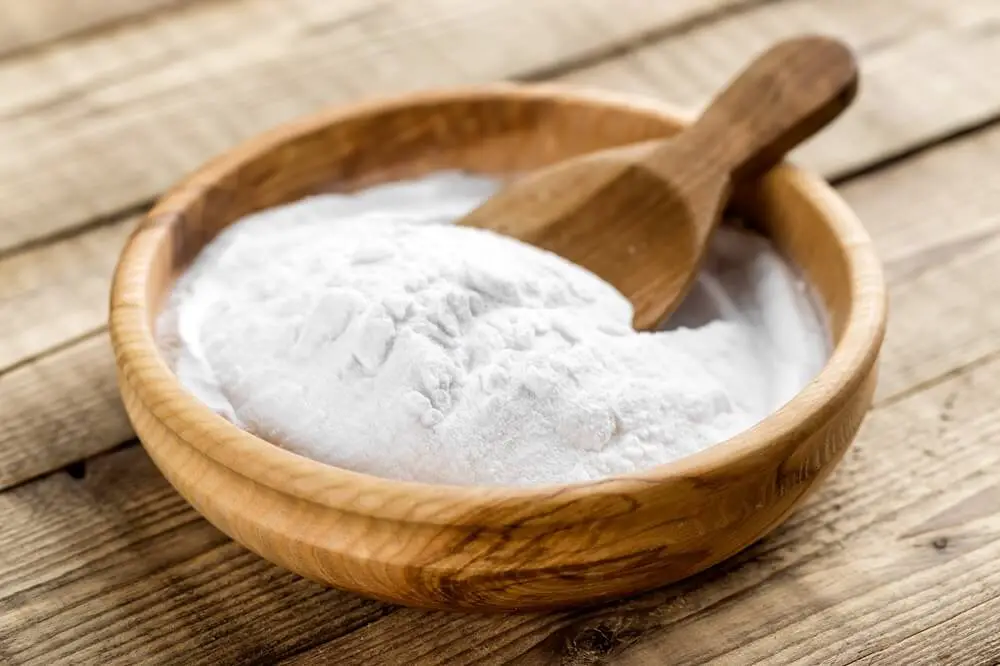
While technically more of a leavening agent than a food, baking soda is an essential cooking ingredient with an indefinite shelf life. It helps baked goods rise and can also tenderize meats, making it useful in a variety of recipes.
To maintain its potency, store baking soda in a sealed container away from moisture and strong odors. Even if it loses some leavening power over time, it can still be used for cleaning, deodorizing, and many other household tasks, making it a must-have for any homesteader's pantry.
3. Cornstarch
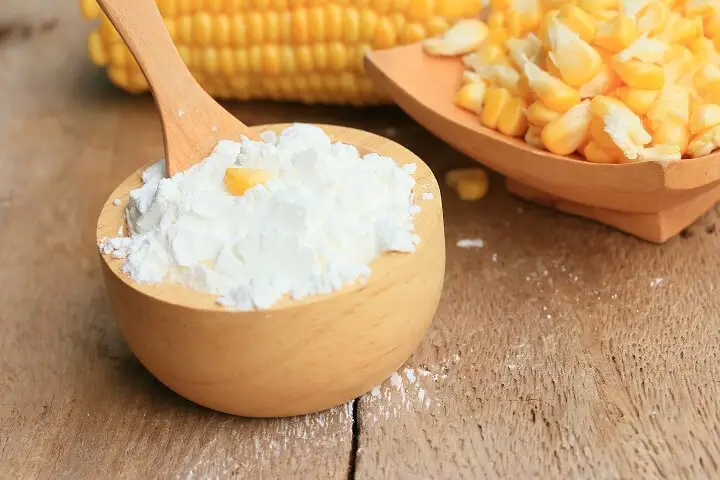
This thickening agent is one that can be used for years on end when stored correctly. Use cornstarch to add nutrition and weight to a soup or stew.
You can also use it to clean carpet, eliminate odors, soothe bug bites, and that's just the beginning. Here are some more uses for cornstarch. Store unopened boxes or containers of cornstarch in a dry area for best use.
4. Corn Syrup
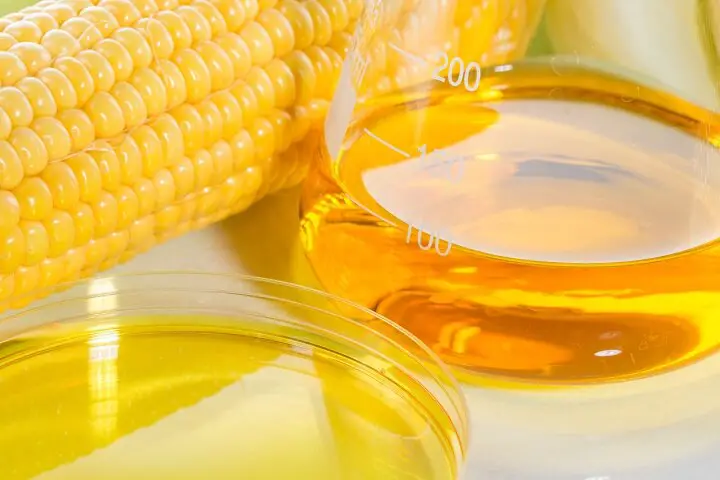
This ingredient has found its way into many of the foods available on shelves in grocery stores. Corn syrup is a sugar substitute that is easy to use in liquid form. An opened bottle of corn syrup can last a long time on a shelf, as long as it is kept away from insects.
5. Dried Beans
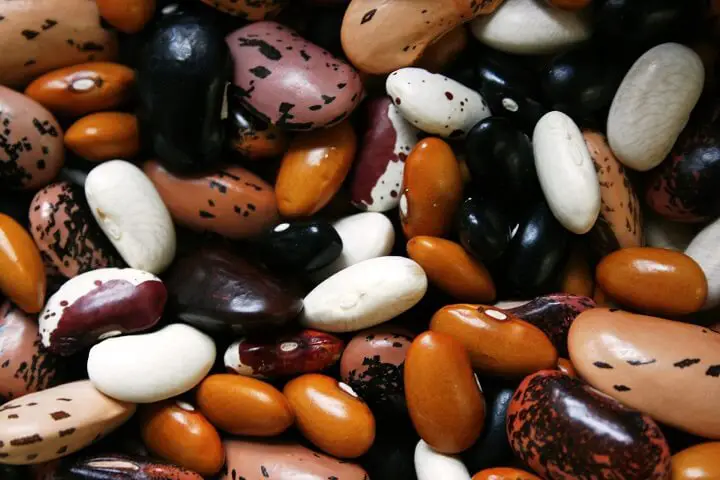
As a good protein and fiber food, dried beans are a necessary staple on many homesteads. These small powerhouses of nutrition are lightweight and easy to store in an airtight container.
Many homesteaders keep dried beans in glass jars using the dry canning process with sealed lids to help preserve them until needed. Store many different kinds of dried beans to add flavor and variety to any meal.
6. Dried Lentils
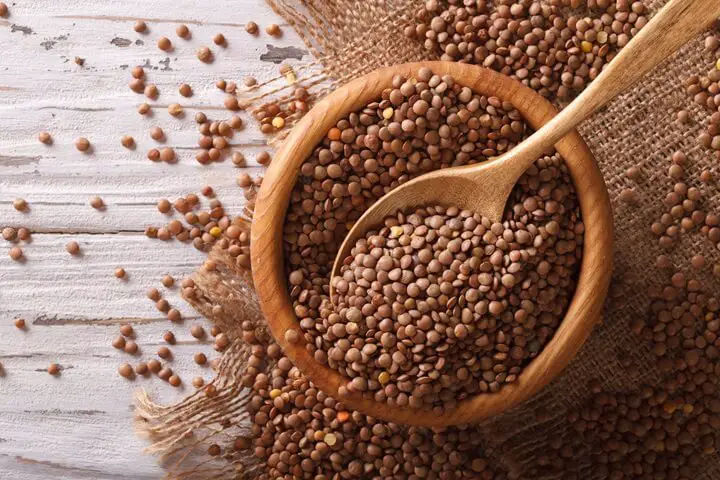
Another invaluable addition to the pantry of those looking for longevity in their food supplies is dried lentils. These legumes are not only packed with protein and essential nutrients but also have an indefinite shelf life when stored in a dry, cool place.
Lentils don't require the pre-soaking that many other legumes do, making them a quick and convenient source of nutrition. Store them in sealed containers to prevent moisture from shortening their life. With a variety of types available, from green and brown to red and yellow, lentils can add depth and flavor to soups, stews, and salads.
7. Dried Pasta
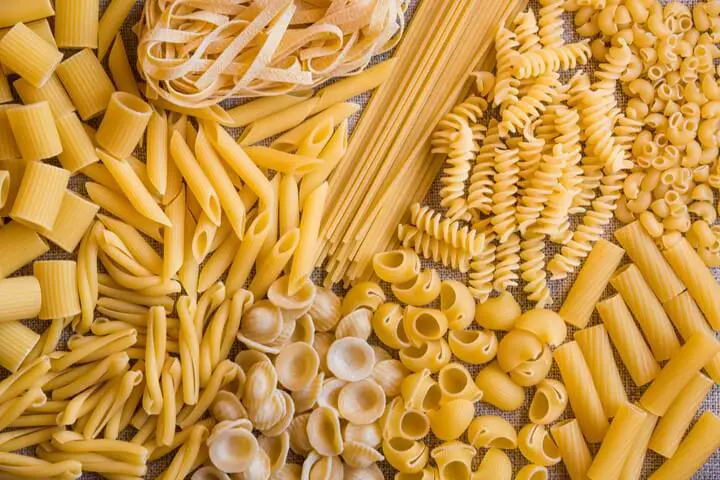
Dried pasta is a must-have for any homestead pantry. Its durability stems from the low moisture content, which inhibits the growth of bacteria and mold. To keep dried pasta fresh for as long as possible, store it in a cool, dry place in an airtight container. This prevents it from absorbing moisture and odors from the environment.
Available in numerous shapes and sizes, dried pasta provides a versatile base for a wide range of dishes, from hearty pasta bakes to simple buttered noodles, ensuring you have the means to create satisfying meals with minimal ingredients.
8. Ghee (Clarified Butter)
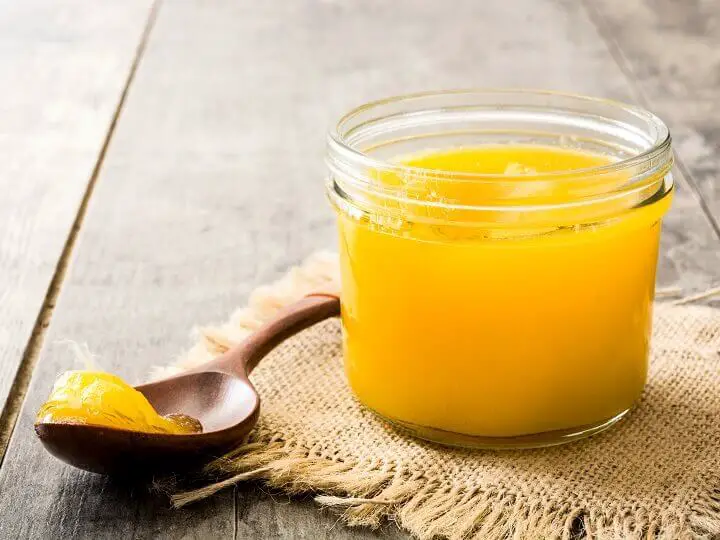
Ghee, or clarified butter, is a shelf-stable fat that's ideal for cooking and frying thanks to its high smoke point. Unlike regular butter, ghee has the milk solids removed, which allows it to last for years without refrigeration when stored in an airtight container in a cool, dark place.
Perfect for sautéing vegetables, frying eggs, or adding richness to soups and stews, ghee is a versatile fat that brings a nutty, savory flavor to dishes. It’s especially valuable on a homestead where refrigeration might not always be available or reliable.
9. Maple Syrup
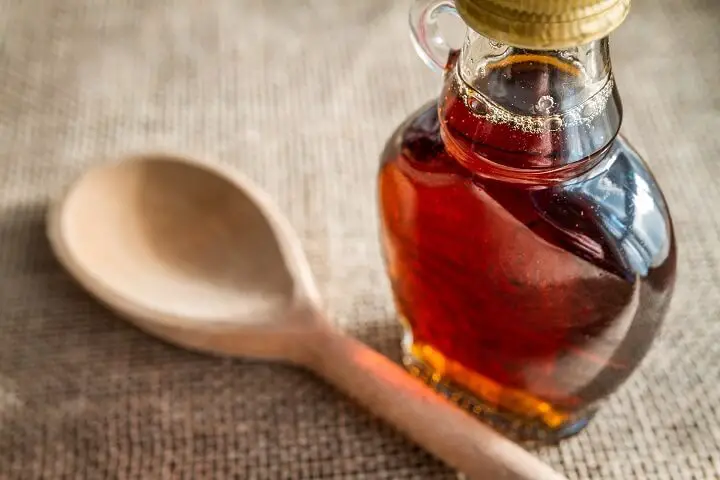
Maple syrup is another raw cooking ingredient that will never expire when stored properly. It is a great item to have on hand in the pantry for a jolt of sweetness.
Once opened, maple syrup can be stored on the shelf relatively easily without any issues. However, it is best to use the syrup within a few months of opening it. As long as the bottle itself is not opened or damaged, maple syrup should last in the pantry for years on end.
10. Popcorn
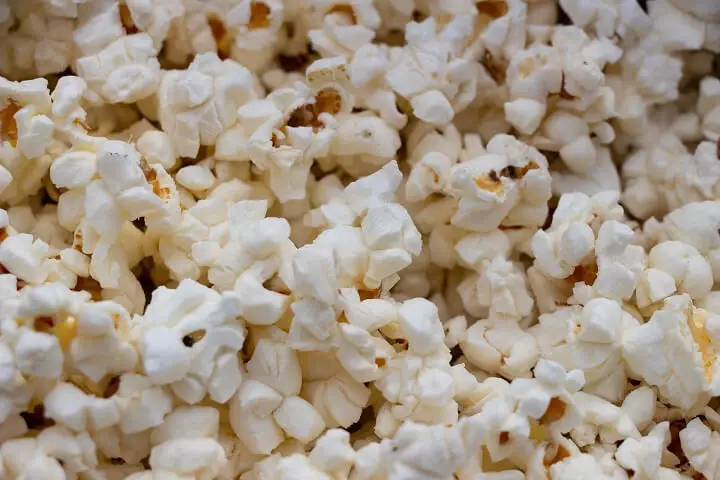
As a crunchy and easy to store snack, popcorn is another cooking ingredient that will never expire. This useful food not only makes for a salty dessert but can be combined with sugar to create a sweet snack as well.
Popcorn kernels can last forever in an airtight container so that the moisture content in the kernel stays intact. Store multiple kinds of popcorn kernels in your pantry to use as a fiber-rich snack that is easy to cook over any type of heat source.
11. Raw Honey
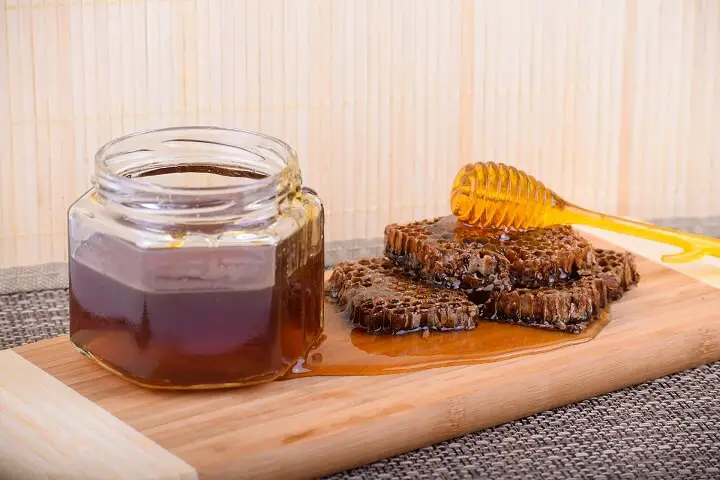
Seasoned homesteaders know the true majesty of honey. It is often regarded as a “perfect” or “complete” food due to its ability to last thousands of years. Honey not only provides a natural sweetness to cooking, but it is also widely used for its medicinal qualities on cuts and burns. And there are many other reasons to stockpile honey.
Store honey in jars or honey bears and heat them up if they get too cold and crystalize. When purchasing honey, make sure it is stated as “raw honey” though, as other varieties are cooked and have ingredients that will spoil.
12. Salt
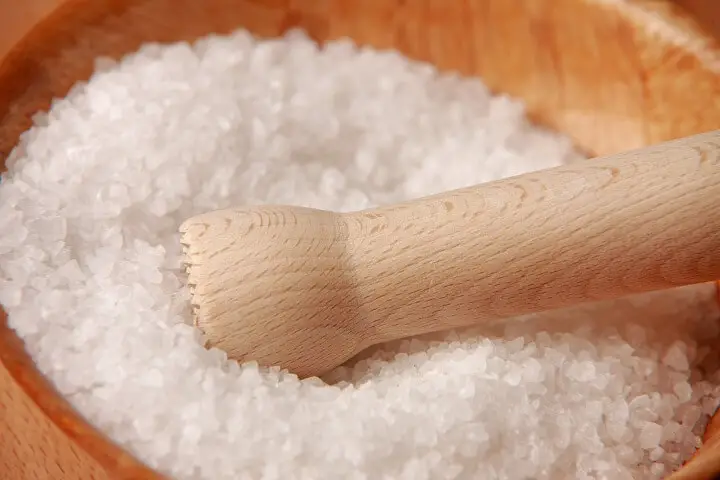
As a needed part of a healthy diet, salt is a staple that you should always have on hand. Not only is it important for preserving foods and meats, but it also helps normal body functions. And it's not just for eating; there are many other uses for salt.
Storing different kinds of salt, like table salt and sea salt, is also a good idea for the pantry. Iodized salt is a good item to have, but the addition of iodine in the salt can spoil the salt when storing it for a long time.
Store salt in a cool and dry area for best use. If the salt does get wet, it will clump together but can still be used. Stay away from seasoned salt varieties that have added ingredients that may lower the product's shelf life.
13. Soy Sauce
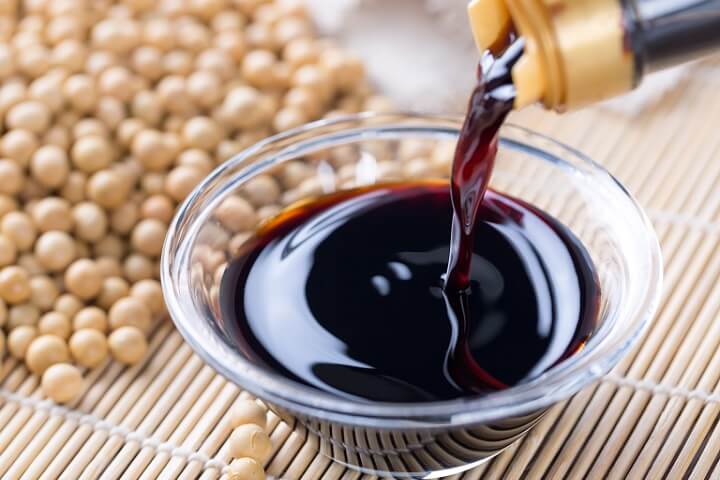
As a salty food, soy sauce can last forever when stored correctly. This tasty ingredient can add a lot of flavor to food and provide enough sodium intake for the day. You can use it directly on food or mix it in for a deeper profile of flavor.
14. Sugar
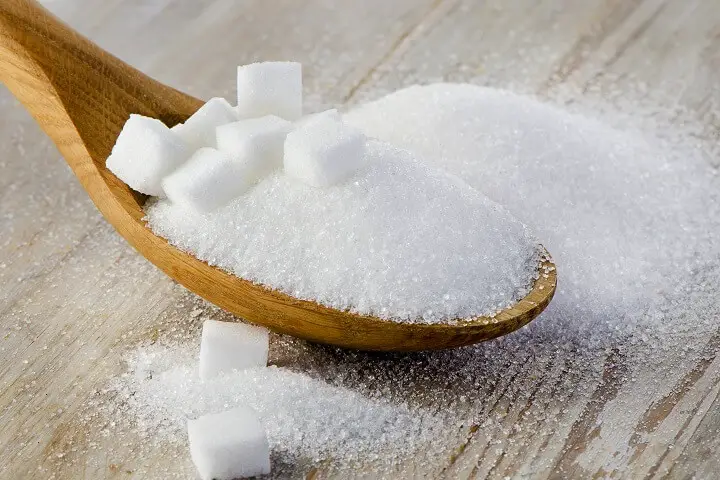
It's normal for both brown and white sugar to clump together over time. However, this does not affect its shelf life. Sugar is an excellent item to have on hand in an emergency, and bags of sugar can last a long time in the pantry. Storing brown and white sugar in airtight glass containers can also help prolong the taste and texture.
15. Vinegar
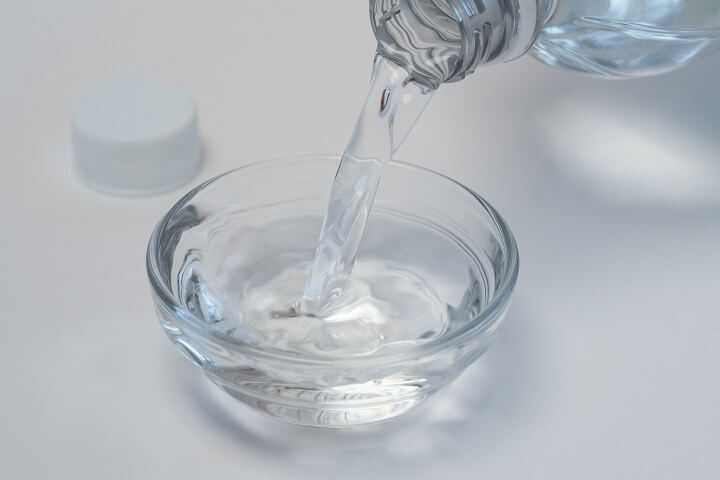
Another cooking ingredient that will never expire is vinegar. Both white vinegar and apple cider vinegar are good to have on hand for any homesteader.
Not only can you use the vinegar to pickle and preserve foods, but it also helps detoxify the body. Vinegar can also be used as antiseptic and in cleaning bacteria.
16. Wheat Berries
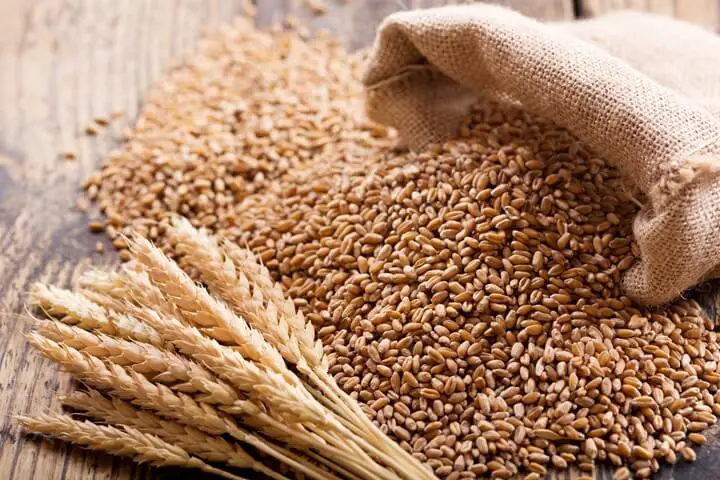
Wheat berries are a staple for homesteaders who prioritize long-term food storage. When kept in a cool, dry place, wheat berries can last for decades, retaining their nutritional value. These versatile grains can be ground into flour for baking bread, cooked whole and added to soups, or sprouted for salads.
To maximize their shelf life, store wheat berries in airtight containers away from direct sunlight. By doing so, you ensure a dependable source of whole grain, rich in fiber and protein, ready to be used in a variety of meals.
17. White Rice
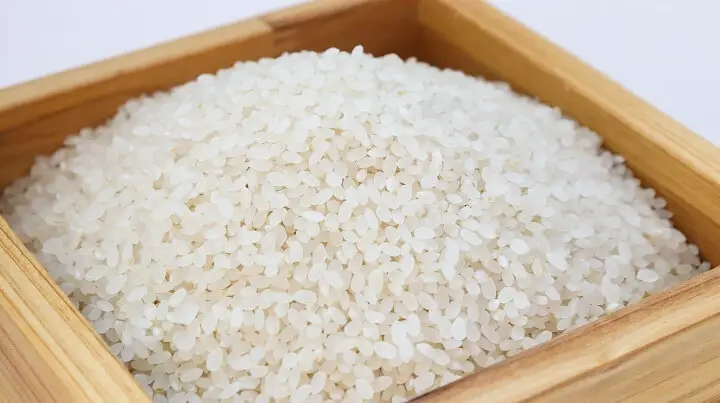
As a staple food in many countries worldwide, white rice can last forever when stored properly. Ensure that uncooked white rice is stored in an airtight container that sits away from both insects and moisture. Mix in sugar and herbs to create different flavors for meals as well.
Conclusion
Knowing what to store in your pantry is essential when living on a homestead. Not only will a back stock of food items help you in a pinch at mealtime, but it also cuts down on unnecessary trips into town for a single ingredient. Storing up any of these cooking ingredients that never expire also helps prepare.
Like this post? Don't Forget to Pin It On Pinterest!
You May Also Like:



